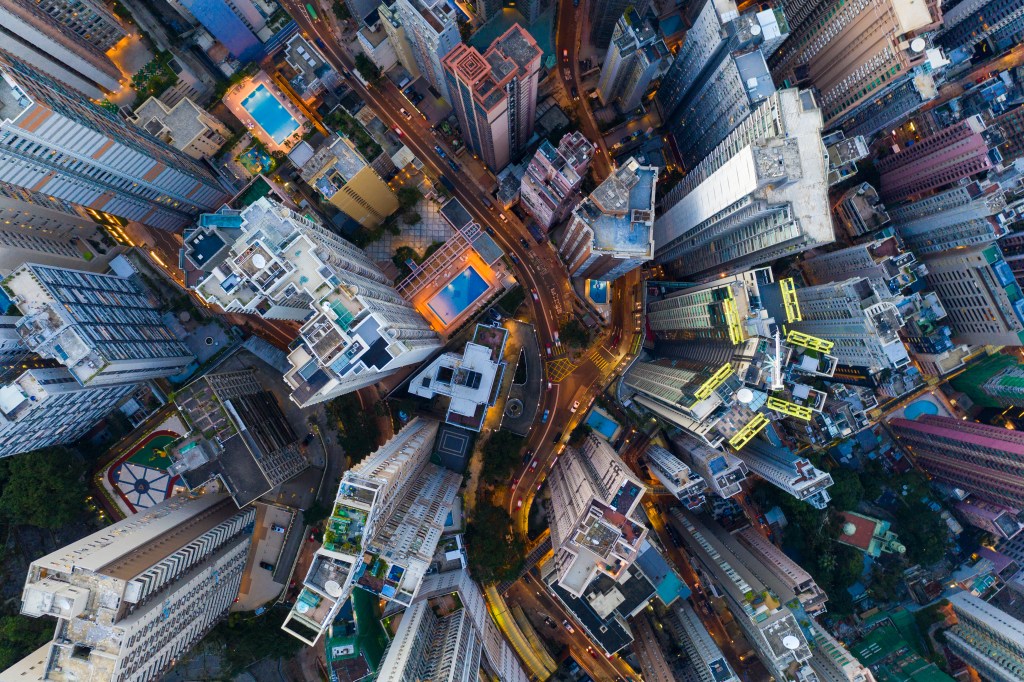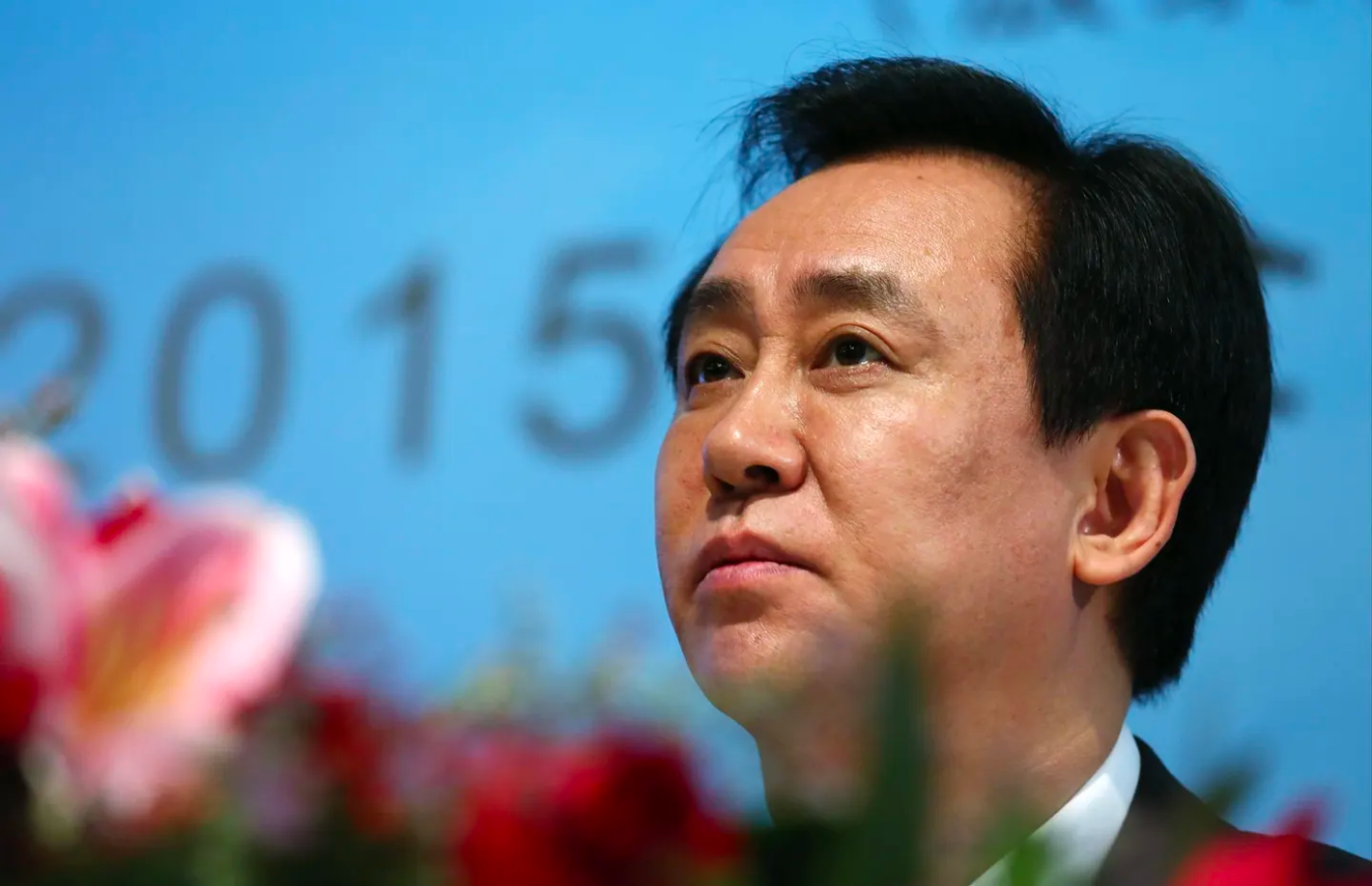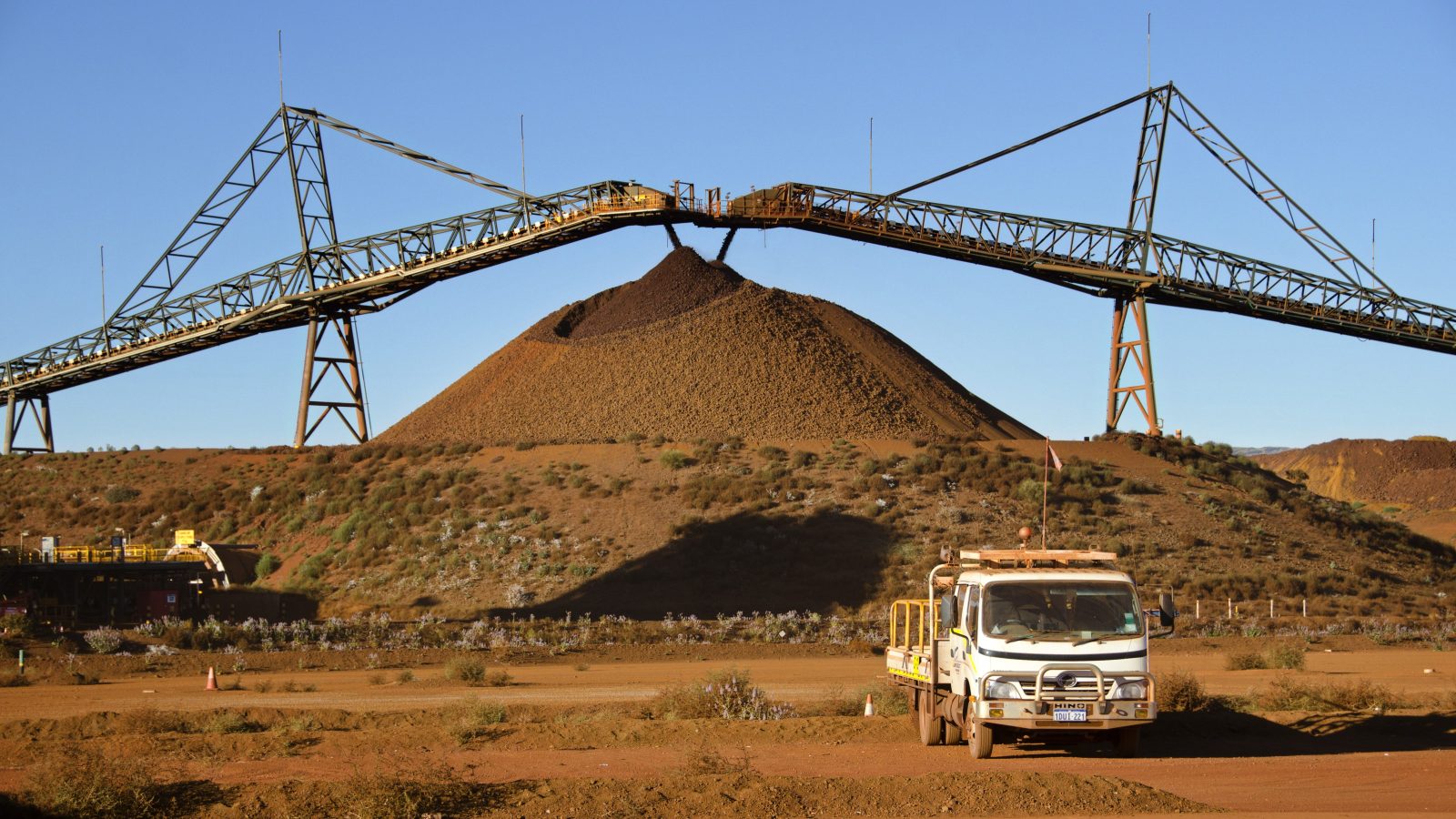The China Evergrande Group has US$300 billion in liabilities and on Monday was put into liquidation by a Hong Kong judge. Once the largest property developer in China, if Evergrande stops building it may impact the demand for Australian exports. Here’s how.

It is said that when China sneezes, the world catches a cold. So far, the impact of Shenzhen-headquartered real estate developer Evergrande being ordered to liquidate has been met with just a sniffle by the US market.
The S&P 500 closed at a record high overnight, buoyed by earning reports from tech stocks over the coming week. The Dow and NASDAQ also closed in positive territory on Monday.
The China Evergrande Group CEO assured its customers that the company would meet its responsibilities and apartments that are currently being built will be completed. Hours prior, a Hong Kong judge ordered that the publicly listed company be put into liquidation by global restructuring firm Alvarez and Marsal.
“It is important to emphasise that the winding up order has been made to the parent company only,” a statement from Alvarez and Marsal reads.
“It does not have a direct impact on the operations of its subsidiaries, most pertinently the subsidiaries operating in the mainland. Our intention is to work with existing management to address the interests at stake and achieve a resolution that minimises further disruption for all stakeholders.”
Considered a bellwether of the Chinese economy, Evergrande was once the largest property developer in China.
The company has more than US$ 300 billion in liabilities and halted construction on some of its projects in 2021. It was given time to work with creditors to resolve the liabilities but has not come up with a viable resolution, according to the judge that appointed the liquidators.
Related
Impact on Australia
Australia could be impacted if the mainland China operators cease building apartments. The demand for Aussie iron-ore to make steel used in construction in China is an enormous part of Australian GDP. Iron-ore accounted for $133 billion in exports in 2021-2022. $96 billion of that was shipped to China.
“We’re talking about a big construction company here, so if this unfolding crisis at Evergrande spilled over to the property sector and construction more generally, then that absolutely would have a knock-on effect for Australian iron ore and its price,” UTS Professor and economist James Laurenceson said in 2021.
Laurenceson is the Director of the Australia-China Relations Institute. He cautioned the Australian property market three years ago that while $300 billion in liabilities is a big number, it does not reflect the net position of Evergrande.
“This is a company that has assets: while I think it is well on its way to bankruptcy — so I’m not saying that there isn’t a problem here as liabilities are outweighing assets — its net worth isn’t $300 billion in the red.”
So while the Evergrande collapse is a cautionary tale, and something to continue to watch, the Hong Kong listed company being put into liquidation is not expected to have an immediate impact on Australian financial markets.
“The winding-up of Evergrande’s Hong Kong listing entity has been widely anticipated and should not impact the general market much,” says Saxo Chief China Strategist Redmond Wong.
“The restructuring and winding up of developers are necessary for cleaning up the excesses in the Chinese property sector. For shareholders of the listed company in Hong Kong, the likelihood of obtaining anything from the winding-up process is very low.”
It is Evergrande’s assets in mainland China that are of value.
“For overseas creditors, their focus will be on whether the liquidator will succeed in obtaining assistance from mainland (China) courts to seize assets in the mainland. The liquidator will need to first apply to the Hong Kong court to issue a letter of request to mainland courts in Shanghai, Shenzhen, and Xiamen under the pilot cooperation mechanism established in 2021. The level of assistance that the liquidator receives will be a litmus test for the mechanism.”
Look back on the week that was with hand-picked articles from Australia and around the world. Sign up to the Forbes Australia newsletter here or become a member here.


